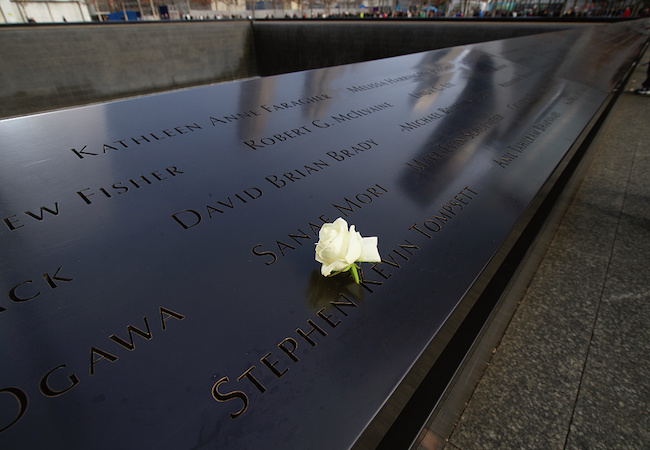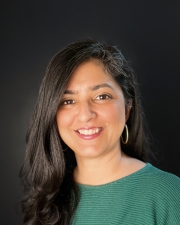Teaching an inclusive history of 9/11

(Library of Congress)
Students in high school today do not have any living memory of the September 11 terrorist attacks, or the events of the days and weeks that followed.
Neither do many early-career teachers.
In a new essay filled with tips for educators, Penn GSE’s Ameena Ghaffar-Kucher and author Deepa Iyer argue the passage of time makes it “even more imperative to teach, learn about, and share the complete and inclusive histories of 9/11 and its aftermath.”
“We suggest that educators enhance their curricula on 9/11 with an emphasis on three themes: the Global War on Terror; Islamophobia and anti-Muslim racism; and community building by Muslim, Arab, South Asian, and Sikh people and organizations. For each of the themes, we provide teaching tips and resources that are best suited for the middle-school level and up. We also encourage educators to be sensitive to how addressing 9/11 and its aftermath can affect students, particularly those from affected communities.”
Ghaffar-Kucher, a Penn GSE Senior Lecturer and the co-director the International Educational Development program, is an expert in the educational and socialization experiences of immigrant and refugee youth.

